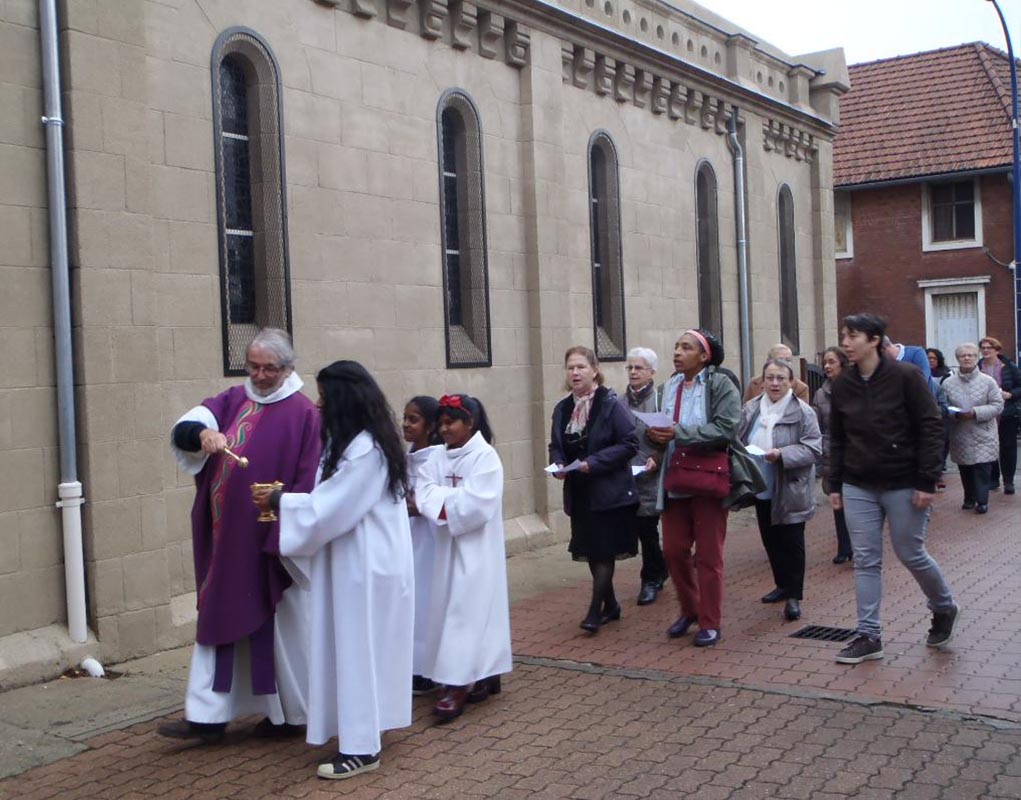After more than two years since the start of the pandemic, the coronavirus has begun to wreak havoc in North Korea, having confirmed its first outbreak last Thursday, May 12.
Until that moment, The Asian country had not admitted any cases of the new coronavirus, although it did take restrictive measures, such as an external blockade that led to the decline of its economy.
According to what was reported by South Korean agencies, the situation in its neighboring country is worrying, since it could have exceeded two million infections of this virus, which has hit the world in recent years.
According to the report, as of Friday, May 20, North Korea reported 263,370 new positives, figures with which 2.24 million infections would have been accumulated in North Korea, which would correspond to almost 10% of the total population of the country, according to figures from the national network in Seoul, KCNA.
It should be mentioned that the North Korean government has called covid-19 infections “mystery fevers”, without directly referring to the name of the virus, which is why there is still no clarity about the true diagnosis of all the people who have reported sick. The country is reportedly treating the fever as indicative of covid-19 infection due to a shortage of testing supplies.
Against this background, within the framework of his visit to Seoul, this Saturday, May 21, the president of the United States, Joe Biden, assured that his country offered North Korea vaccines against covid-19, but that he has not yet obtained a response despite the increase in infections in the hermetic country.
Biden, who is in the South Korean city as part of his first Asian trip as president, said the United States and South Korea have offered help to North Korea to fight the covid-19 epidemic.
“[Desde Estados Unidos] we have offered vaccines, not only to North Korea, but also to China, and we are ready to do so immediately,” he told a news conference in Seoul. “We have no answer,” he added.
North Korea, whose population of 25 million inhabitants is not vaccinated against the new coronavirus, reported its first cases of covid, of the omicron variant, this month. According to these media, the country “intensified” its health campaign.
Biden and South Korean President Yoon Suk-yeol expressed their concern about the covid-19 outbreak in North Korea on Saturday, May 21.
Both presidents said they “stand ready to work with the international community to provide assistance” to Pyongyang, according to a joint statement.
Experts warned that the situation could trigger a serious health crisis in North Korea, whose health system is seriously deficient.
Yoon said the aid offer was made in accordance with “humanitarian principles, apart from political and military issues” with Pyongyang.
On the other hand, both leaders announced that they contemplate reinforcing their military exercises in the face of the “threat” posed by North Korea.
Outlook in Colombia
This Friday, May 20, Claudia Cuéllar, director of Epidemiology and Demography of the Ministry of Health and Social Protection, shared the epidemiological panorama that Colombia is currently experiencing in relation to the spread of coronavirus.
“With a cut to May 19, 6,099,111 have been confirmed, 5,930,545 patients have recovered and at this time there are still 4,214 active cases. Regarding the infection rate, we have 12,026 cases per 100,000 inhabitants and we have a (general) bed occupancy rate of 56%,” Cuéllar explained.
The authorities insist on the call not to lower their guard and continue to maintain basic care to avoid increasing the transmissibility of the virus.
*With information from AFP.
–
:quality(50)/cloudfront-us-east-1.images.arcpublishing.com/semana/7GPHQSWUQ5EDTK5AM2IHX74BAI.jpg)

